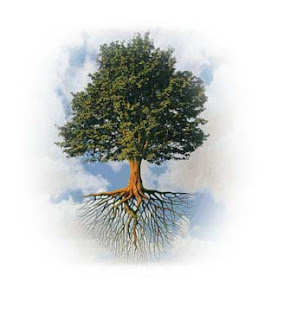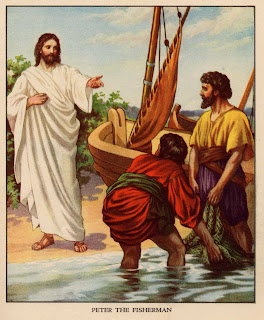If one member suffers, all suffer together with it; if one member is honored, all rejoice together with it.
- 1 Corinthians 12:26
Today’s reading from 1 Corinthians can be read on many levels. It is often used to describe the importance of each person’s role in the body of Christ and to celebrate the many gifts they contribute. It also describes the importance of diversity within the church. Read in context with today’s healing story in Matthew, there is yet another meaning.
When one part of the body is sick, it depends on the others for healing. An ailing tooth does not walk itself into a dentist’s office, but relies on the feet. A foot with a splinter cannot remedy itself, but depends on the hands to remove it. Hands that tremble from hunger cannot feed themselves, but rely on the mouth and teeth to chew and swallow. Each part is not only equally important, it is equally interdependent.
As members of the body of Christ, we must rely on each other and be present for each other in times of illness and distress. None of us is completely self-sufficient. We receive care when we need it, and we offer care when it is needed. And as the feet don’t feel burdened by the tooth, and the hands don’t feel burdened by the feet, we do so not out of obligation nor to secure help for ourselves in the future, but because we are one. The well-being of one is inseparable from the well-being of others.
Christ was extravagant in his love was for all people. Christ was extravagant in his healing. As we are now his body, we are called to the same extravagance. Let us heal not out of duty, but out of extravagant love.
Evening readings: Psalms 142, 65












